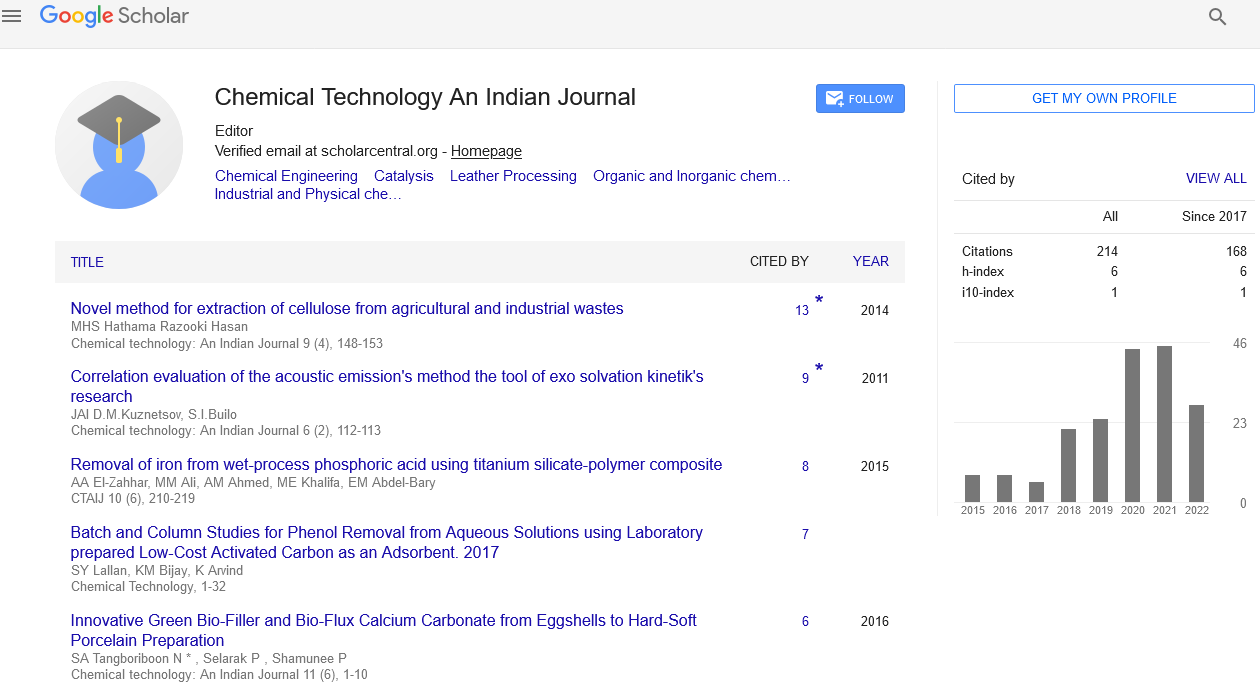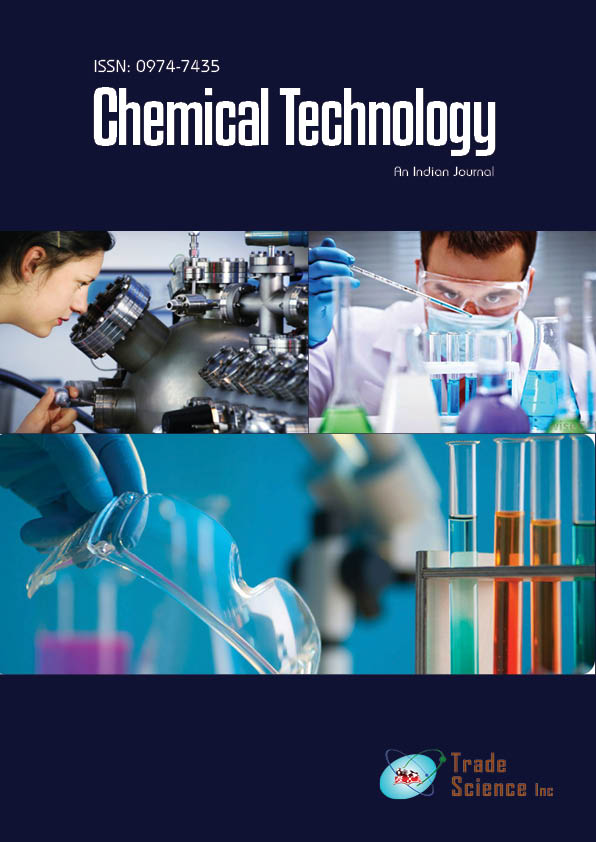Abstract
Modeling the petroleum industry's technology transfer process: Libyan data
Author(s): William FrosterThis study aimed to develop a conceptual model for technology transfer (TT) that encompassed a number of elements. These variables are thought to affect the efficiency of the processes and direct TT performance. This study also sought to investigate TT performance as well as the connections between TT government assistance, infrastructure, environment, and learning capacity. This study aimed to develop a conceptual model for technology transfer (TT) that encompassed a number of elements. These variables are thought to affect the efficiency of the processes and direct TT performance. This study also sought to investigate TT performance as well as the connections between TT government assistance, infrastructure, environment, and learning capacity. Foreign multinational petroleum corporations must import foreign technologies in order for Libya to produce oil. In an effort to establish an absorbent capability to acquire petroleum technology that was predominately owned by foreign corporations, the Libyan government initiated a programme of development known as "Libyanization" in the Libyan petroleum industry throughout the 1980s. This study assesses the degree of technological change brought about by TT programmes and its effects on the Libyan petroleum industry's knowledge and competitiveness. Companies in the Libyan petroleum industry were given a questionnaire to fill out. Structured equation modelling (SEM), exploratory factor analysis (EFA), and confirmatory factor analysis were used to assess 201 responses from industry professionals in the Libyan petroleum industry (CFA). Additionally, SEM was used to estimate the importance of both direct and indirect correlations between model components. Three process enablers—government support, host characteristics, and learning technology capability—and one outcome factor—TT performance—were estimated and included in a path model. The findings suggested that the key predictors of TT performance to the host petroleum industry were government support factor (government support, laws and regulations, petroleum industry strategy, international quality standards, and information technology) and technology learning capability factor (i.e., supervision, adoption, teamwork, absorption, training, technology complexity, and industry knowledge).

